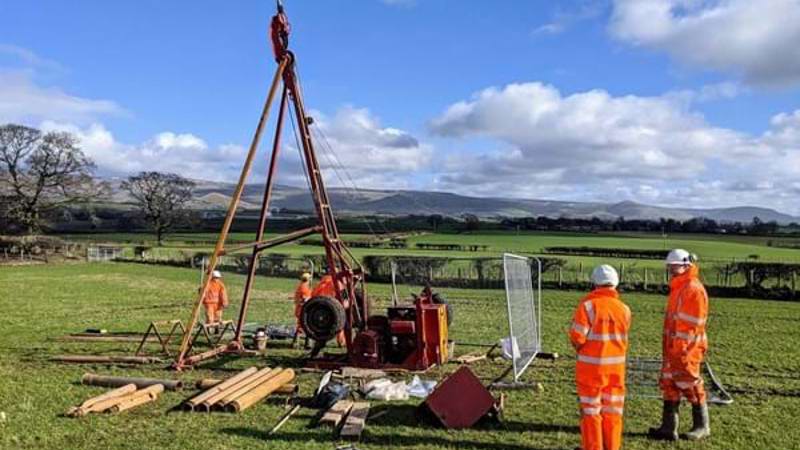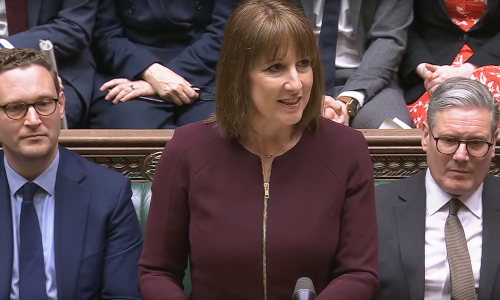The Court of Appeal has thrown out campaigners' latest attempt to block the £1.5bn A66 Northern Trans-Pennine project, in what National Highways has called a 'significant milestone'.
The government-owned company said the decision means that it can continue to develop the scheme, but acknowledged that it remains part of the Government's ongoing spending review, ‘and we await the outcome later in the year'.
It said utility diversions, archaeological excavations, and surveys are underway as it continues to develop the main part of the scheme, including the detailed designs.
The Court of Appeal dismissed a request from Transport Action Network (TAN) to appeal against the High Court's rejection of its legal challenge to the scheme's development consent order (DCO).
TAN said it was disappointed in the decision.
In a statement, it said: ‘The £1.5bn A66 remains under review due to its high cost, extremely weak business case, and constrained public finances.
‘If National Highways was genuinely interested in increasing safety on the A66, it should implement low-cost solutions now like extending speed camera zones, not waiting five years for a massive and expensive new road to be built.'
The project was assessed as having a benefit cost ratio of 0.9, meaning that it is poor value for money and the Department for Transport and National Highways had to assert its ‘strategic case' to allow it to proceed.
The accounting officer assessment stated that delivering the scheme as part of the (Johnson) Government's Project Speed ‘provides insight into how government major construction schemes can be delivered faster, realising benefits sooner'.
However, according to National Highways' 2023-24 Delivery Plan Update, the planned Start of Works for the scheme was the fourth quarter of that year, meaning that it is already more than a year late.
Despite this, National Highways monitor, the Office of Rail and Road, told Highways that the scheme is not considered a missed commitment.
Reasons for the delay, even before the legal challenge, include a delay in the previous government's decision on the DCO.
































